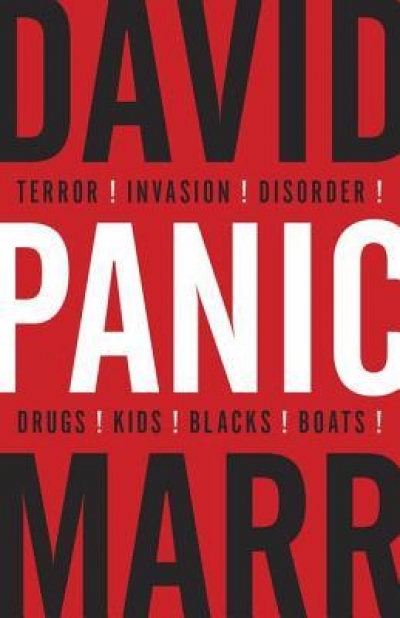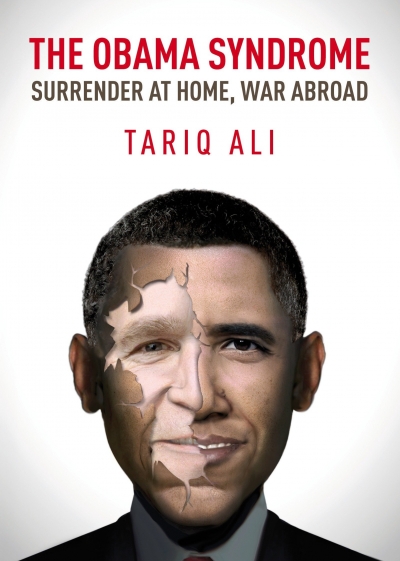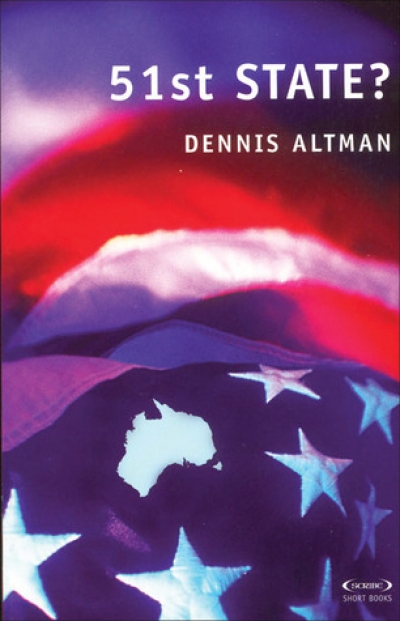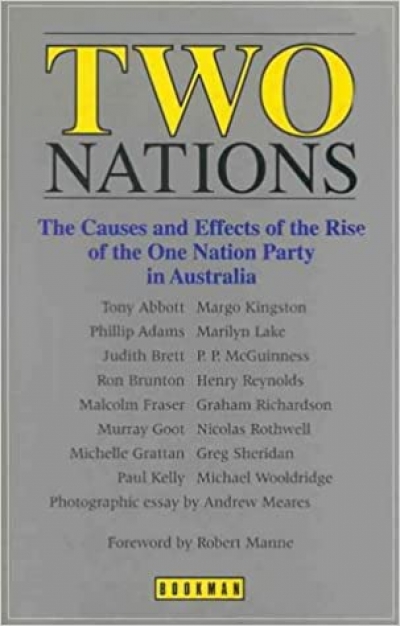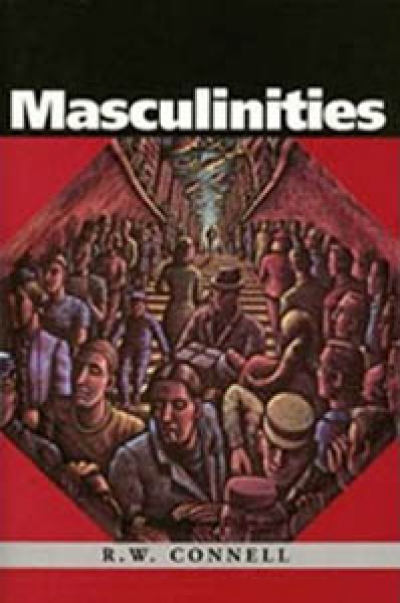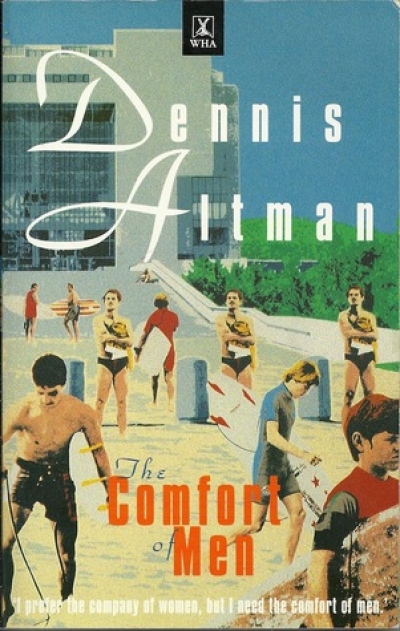Dennis Altman
The Obama Syndrome: Surrender at Home, War Abroad by Tariq Ali
Never far from one’s mind these days, the events of September 11, 2001, and their direct aftermath in Afghanistan and elsewhere, had to be prominent in this month’s issue of ABR, such is their complex resonance and ubiquitous iconography. To complement Morag Fraser’s essay in this issue on the consequences of ‘September 11’ for civic ...
The New York City Opera could not have known when they programmed a revival of John Philip Souza’s The Glass Blower just how appropriate it would be post-September 11.
... (read more)Of all major South-East Asian nations, the Philippines is least known in Australia, and rarely studied, even in our universities. The material and historical differences between the two countries seem to have blinded us to the interests our two countries share. Australia did not support the long Filipino struggle for independence, as with Indonesia’s, nor actively oppose it, as with Vietnam’s. Nonetheless, both countries were part of SEATO and supported US involvement in Indo-China. Within ASEAN, the Philippines has often been the country most sympathetic to greater links with Australia, and the Philippines is regarded as a high-priority country for development assistance by Ausaid.
... (read more)Two Nations: The causes and effects of the rise of the One Nation Party in Australia edited by Robert Manne
Donald Horne: critics and negotiators
The general idea of ‘public intellectual life’ is more useful than the particular idea of’ the public intellectual’. ‘Public intellectual life’ is a public manifestation of what I called in The Public Culture ‘the critics’ culture’ of a liberal-democratic state. (It is made possible by the belief in a questioning approach to existence as a central force in society.) However only parts of this critical activity emerge into the public culture; it is these parts that might be thought of as its ‘public intellectual life’. They provide a kind of public acclimatisation society for new ideas. All kinds of people may play a part in working up these ideas down there in the subterranean passages of the critics’ culture and others may take over the business of negotiating them into the public sphere. Many of these ‘negotiators’ are paid public performers in the news and entertainment industries. However some of the ‘critics’ also have a capacity to barge in directly – but only if they have a desire to appeal to people’s imaginations, and the talent to do so. These are the ‘public intellectuals’. Some of them may be one-offs. Some become regulars. They become influential if they articulate ideas that are already in the minds of some of ‘the public’ anyway, if in a more diffuse state. They get nowhere if they don’t. Two of my books, The Lucky Country and Death of the Lucky Country, were prime examples of appealing to interests of which readers were already becoming aware.
... (read more)
